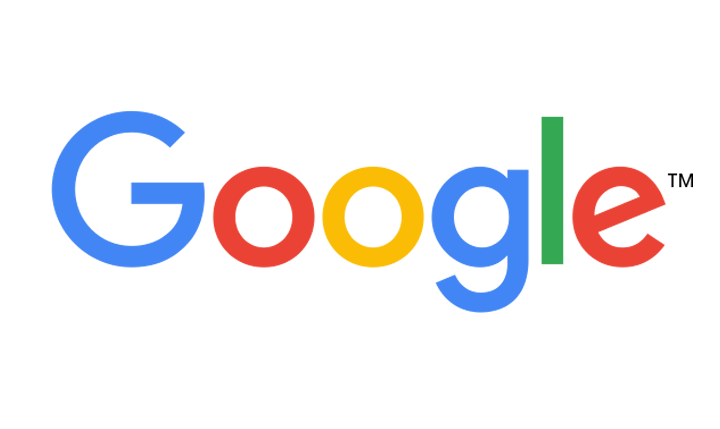— Jessica Gutierrez Alm, Attorney
 Many of us have been eagerly waiting to see whether the Supreme Court would consider Google’s potential genericness.
Many of us have been eagerly waiting to see whether the Supreme Court would consider Google’s potential genericness.
As Martha explained, the case began in 2012, after petitioners Chris Gillespie and David Elliot attempted to register hundreds of web domains that included the word “Google” together with a variety of different people, products, and brands (i.e., googlestarbucks.com). Google objected to the registrations, and Elliot filed a complaint (joined by Gillespie) in federal district court. Elliot and Gillespie argued that “google” had become a generic term due to its common use as a verb. The district court ruled against Elliot and Gillespie on summary judgment.
On appeal, the Ninth Circuit affirmed the lower court’s opinion. As Tucker discussed recently, the Ninth Circuit held that “verb use does not automatically constitute generic use.” The court clarified that the mere act of using the term as a verb does not render the mark generic unless it is used to refer to a type of good or service (i.e. an internet search generally).
Without comment, the Supreme Court denied Elliot’s and Gillespie’s petition for review. (Notably, of the 7,000-8,000 petitions filed each year, the Supreme Court grants and hears argument in only about 80 of them.)
While Google is surely celebrating the Supreme Court’s refusal to hear the case, Band-Aid, Xerox, and Rollerblade are cheering right along with them, while cellophane, aspirin, and thermos look on with envy.
